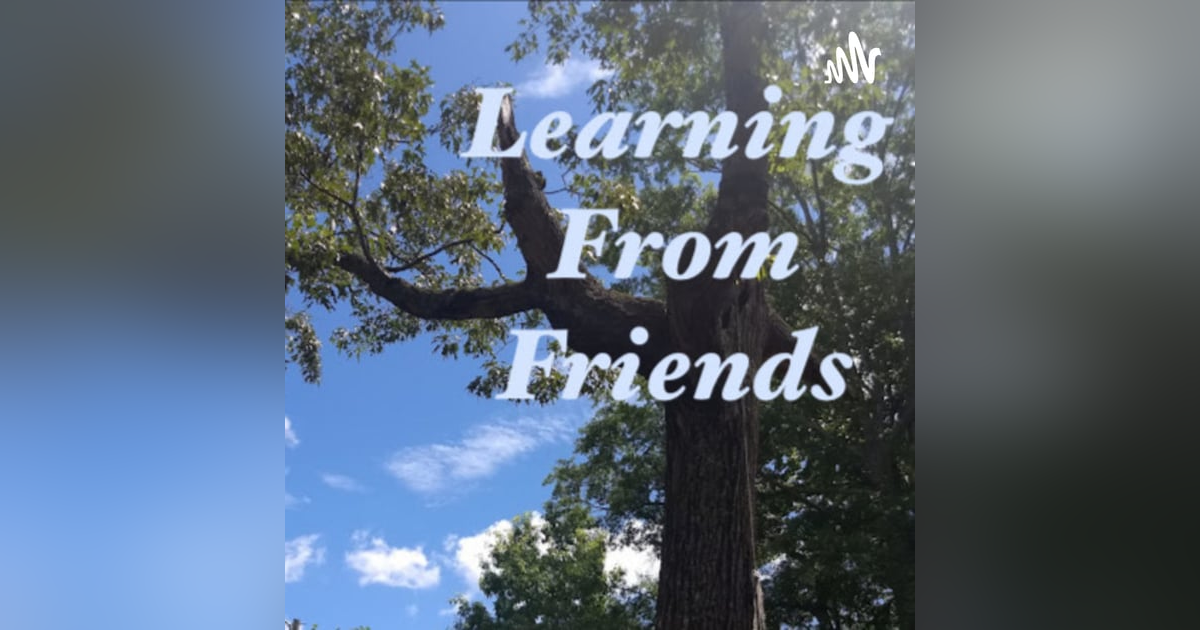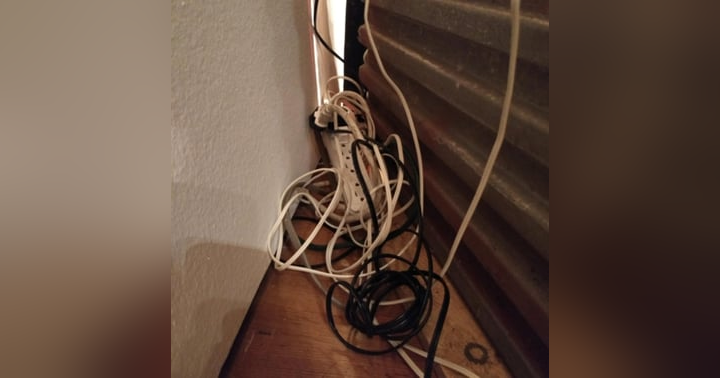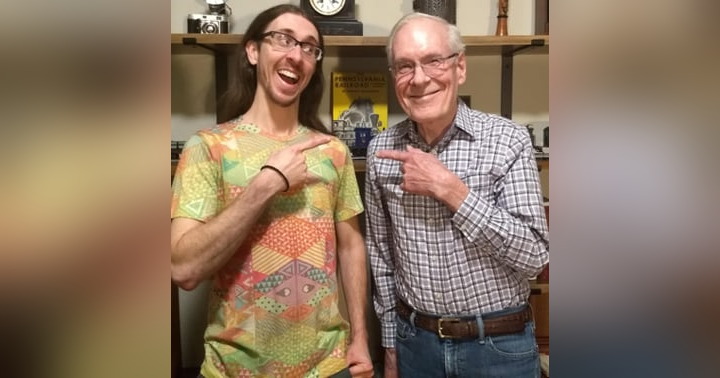The Importance of Historical Societies in Preserving Our Past

History surrounds us, weaving its tapestry through every aspect of our lives. Yet, it often remains hidden, tucked away in dusty archives or faded memories. This is where historical societies step in, acting as guardians of our collective past, unraveling the threads of time to illuminate our present and shape our future.
The Role of Historical Societies in Preserving Our Past
Historical societies are non-profit organizations dedicated to collecting, preserving, and interpreting the history of a particular community or region. They are often staffed by passionate volunteers and professionals who are driven by a desire to safeguard the legacies of those who came before them.
Documentation and Preservation
One of the primary roles of historical societies is to document and preserve historical materials. They collect a wide range of items, including:
- Documents: Letters, diaries, newspapers, and other written records
- Artifacts: Physical objects such as tools, clothing, and furniture
- Photographs: Images capturing moments in time
- Audio and video recordings: Oral histories and documentaries
By safeguarding these materials, historical societies ensure that future generations have access to the evidence of their ancestors' lives.
Interpretation and Education
Beyond preserving the past, historical societies play a crucial role in interpreting and educating the public about it. They create exhibits, conduct lectures, offer guided tours, and develop educational programs for students of all ages. By engaging with the community, historical societies foster a deeper understanding of history and its relevance to our present lives.
Challenges Faced by Historical Societies
While historical societies perform an invaluable service, they also face a number of challenges:
Funding and Resources
Historical societies often operate with limited funding and resources. They rely heavily on donations, grants, and membership fees to support their operations. This can make it difficult to acquire and preserve historical materials, maintain facilities, and develop educational programs.
Preservation and Digitization
Preserving historical materials requires specialized knowledge and resources. As technologies evolve, historical societies must adapt to new methods of digitizing and storing these materials to ensure their long-term accessibility.
Community Engagement
Engaging the community in the work of historical societies can be challenging, especially in an age of digital distractions. Historical societies must find creative ways to connect with audiences and make history relevant to their lives.
Rewards Reaped by Historical Societies
Despite the challenges, the rewards of working in a historical society are immense:
Preserving the Past
Historical society members have the privilege of being stewards of the past. They play a vital role in ensuring that the history of their community is not lost or forgotten.
Educating the Community
By sharing the stories of the past, historical societies help people understand their roots and the complexities of human history. They foster a sense of place and belonging.
Inspiring Future Generations
Historical societies inspire future generations to appreciate and value the past. They help young people understand the importance of preserving our shared heritage and becoming active citizens in their communities.
Understanding the Importance of Historical Societies
Historical societies are essential institutions for preserving our past and educating future generations. They play a vital role in shaping our collective identity and inspiring us to learn from the mistakes and triumphs of those who came before us. By supporting and engaging with historical societies, we can ensure that our collective memory remains vibrant and accessible for generations to come.
In our latest episode of the Learning from Friends podcast, we delve into the fascinating world of historical societies. Our guest, Thomas Paterson from History Cherokee, discusses the importance of preserving local history and the challenges and rewards of working in this field. Join us for an enlightening conversation about the custodians of our past and the vital role they play in shaping our future.













